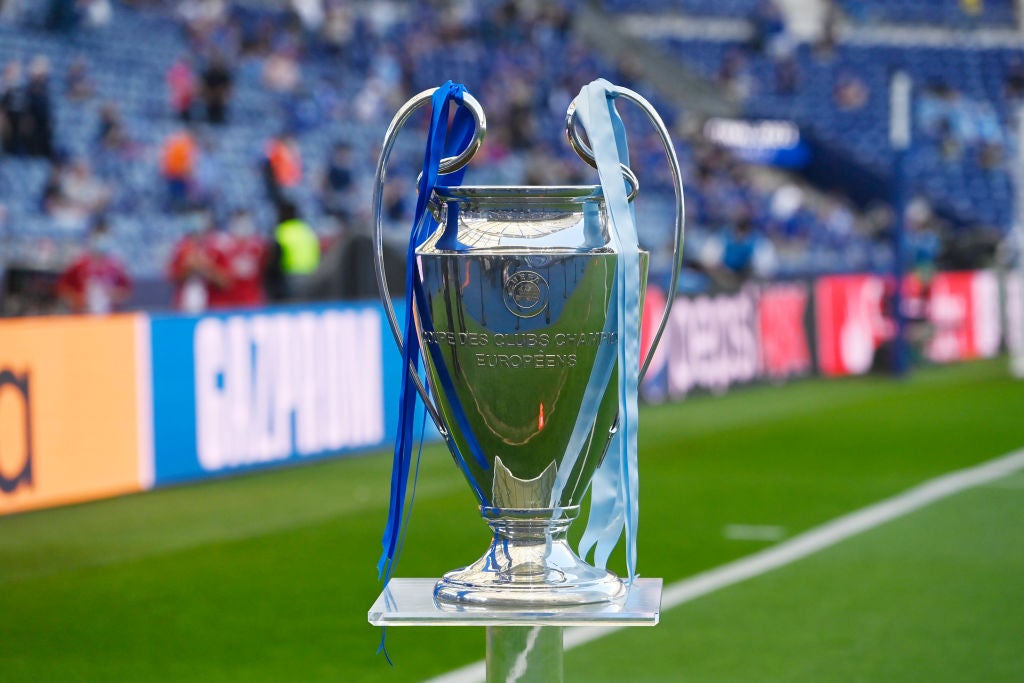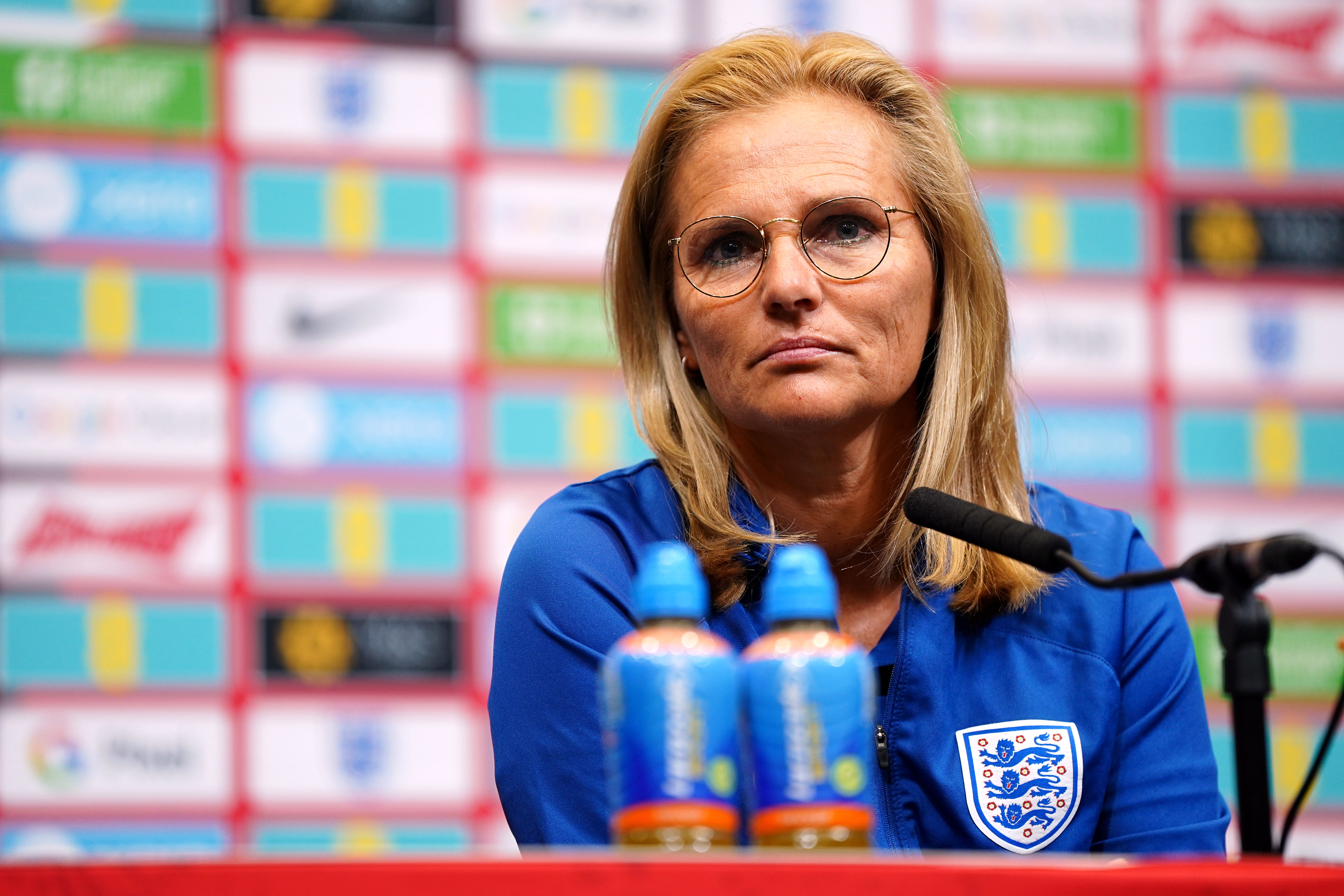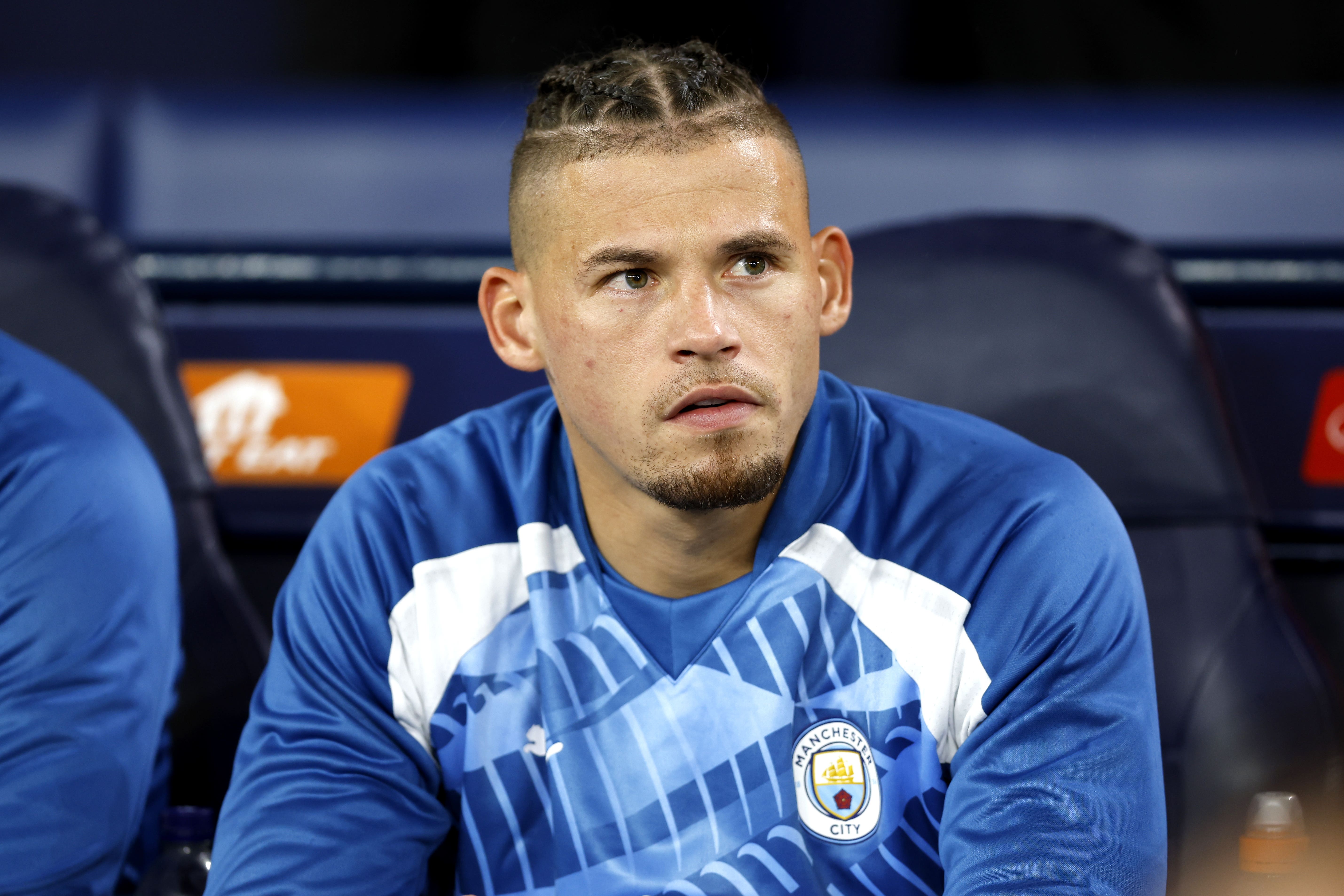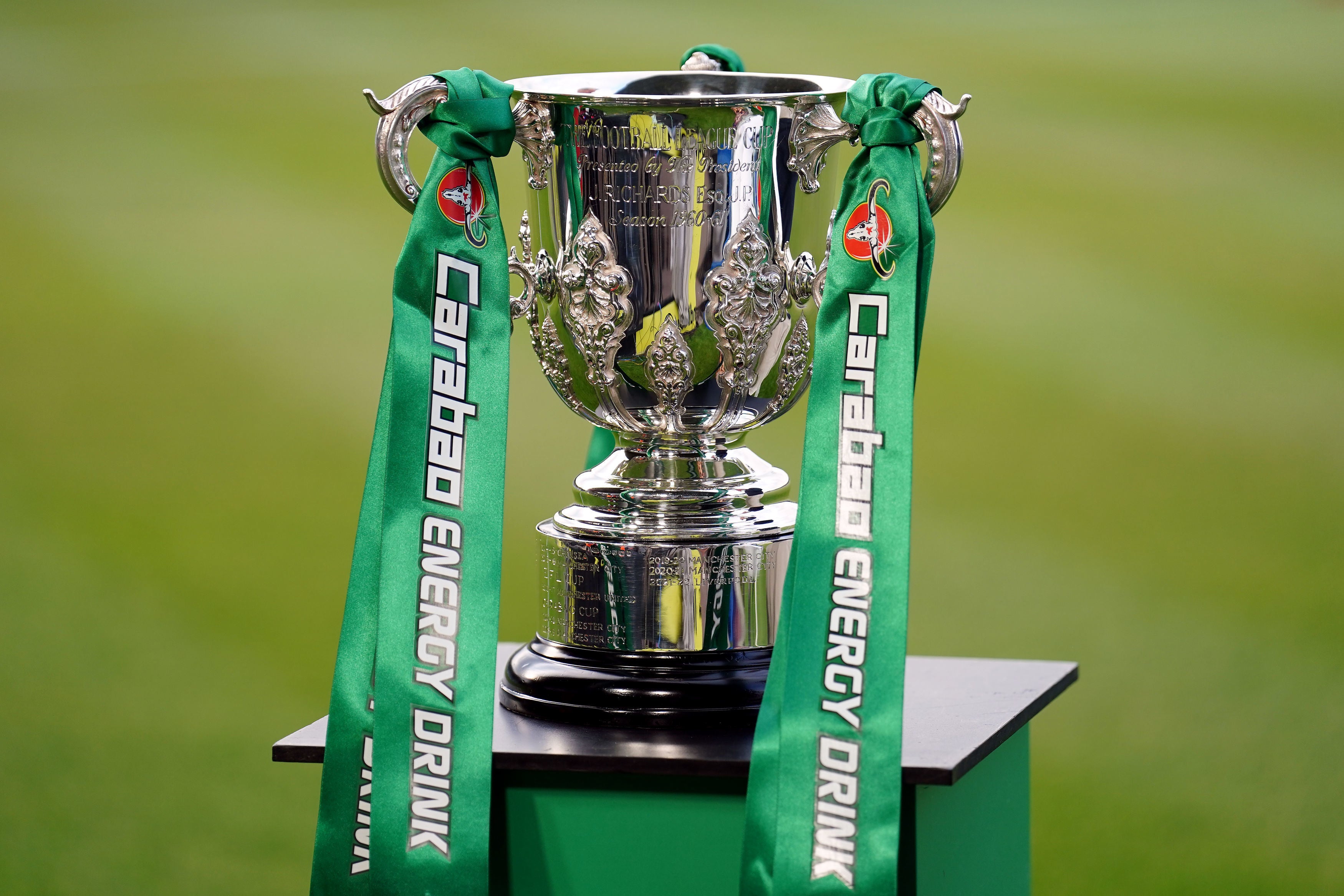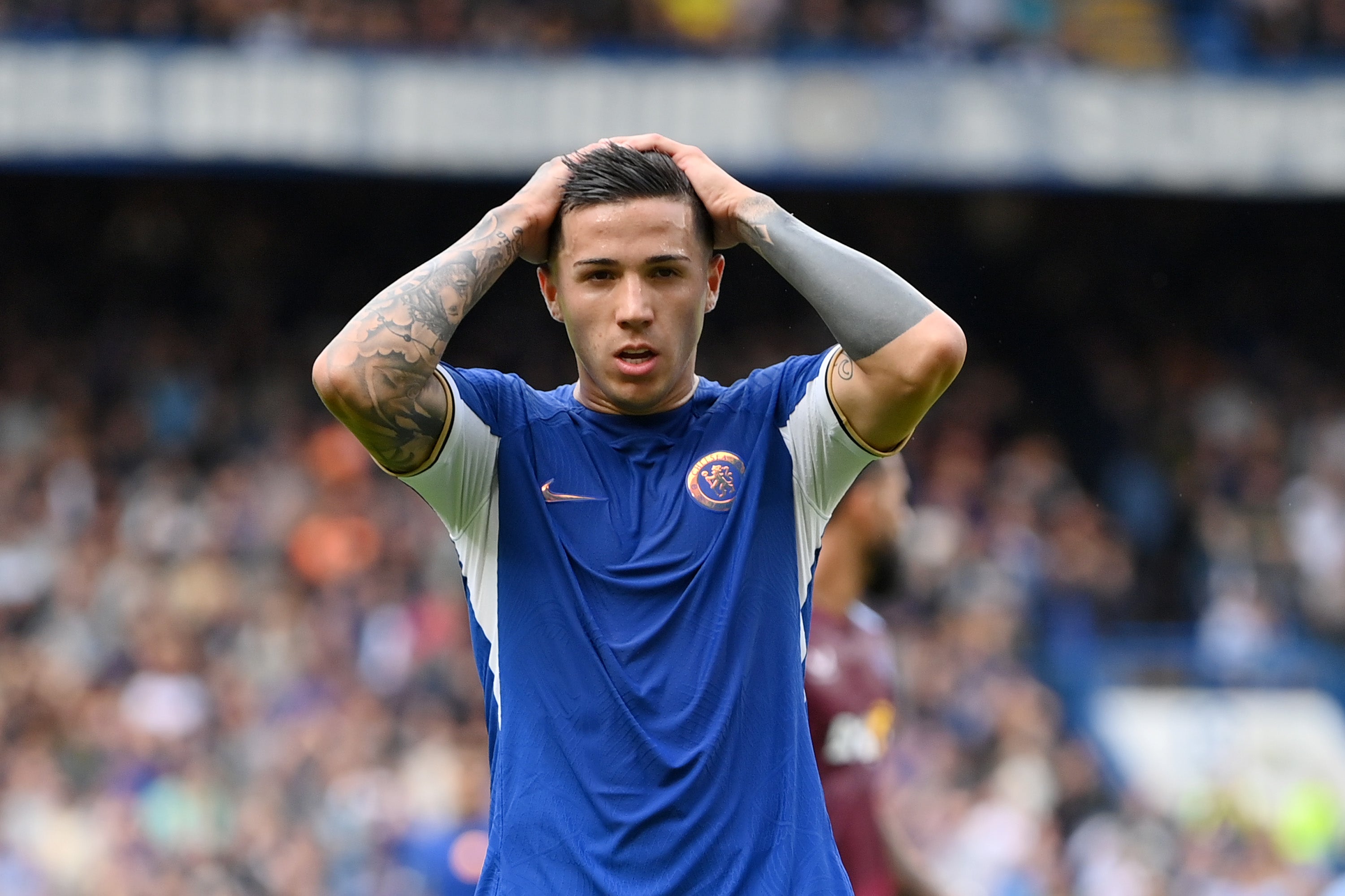Russia to return to Uefa competitions as ban lifted on Under-17s teams
Russian teams will not be allowed to wear their kit or national flag
Sign up to Miguel Delaney’s Reading the Game newsletter sent straight to your inbox for free
Sign up to Miguel’s Delaney’s free weekly newsletter
Thanks for signing up to the
Football email
Uefa is drawing up plans for Russian footballers to play in its competitions for the first time since Vladimir Putin’s illegal invasion of Ukraine in February 2022.
European football’s governing body is looking for a proposal that would enable boys’ and girls’ Under-17 teams to be allowed back into tournaments as Uefa claimed it would be unfair to punish children for the actions of Putin’s government.
Their matches will have to be played without the flag, anthem or kit of the Russian national team and not on Russian soil.
But Uefa reiterated that the senior Russian national side and all its club teams are banned from European competitions and will remain suspended until the end of the war in Ukraine as they insisted it is not the start of a wider attempt to bring back Russian teams.
Russia were due to face a play-off with Poland as part of the 2022 World Cup qualifying when their army invaded Ukraine. Poland refused to play them, Russia were expelled and they have not been allowed to take part in Euro 2024 qualifying. Their women’s team were thrown out of last summer’s European Championships.
Recommended
St Petersburg was due to host the 2022 Champions League final, which was switched to Paris, and this summer’s Super Cup was moved from Kazan to Athens, while Uefa has announced that Warsaw will host the 2024 Super Cup.
Russian clubs were expelled from European competitions mid-way through the 2021-22 season, when Spartak Moscow were their only representatives left in it, and have not been allowed to enter them either last season or this season.
Uefa said in a statement: “Uefa was the first sports body to react to the war in Ukraine and took decisive action in February 2022 – suspending all Russian teams from its competitions, removing events scheduled in Russia like the Uefa Champions League final in Saint Petersburg and the UEFA Super Cup in Kazan, and cancelling its sponsorship contract with Gazprom.
“However, Uefa is also aware that children should not be punished for actions whose responsibility lies exclusively with adults and is firmly convinced that football should never give up sending messages of peace and hope.
“It is particularly aggrieving that, due to the enduring conflict, a generation of minors is deprived of its right to compete in international football. For these reasons, the Uefa Executive Committee has decided that Russian teams of minor players will be readmitted to its competitions in the course of this season. In this respect, the Executive Committee has asked the Uefa administration to propose a technical solution that would enable the reinstatement of the Russian U17 teams (both girls and boys) even when draws have already been held.
“All matches of the Russian teams shall be played without the country flag, anthem, national playing kit and not on the Russian territory.
“At the same time, the Executive Committee reiterated its condemnation of Russia’s illegal war and confirmed that the suspension of all other teams of Russia (clubs and national teams) will remain in force until the end of the conflict in Ukraine.”
Recommended
Uefa President, Aleksander Ceferin said: “Uefa’s continuing suspension against Russian adult teams reflects its commitment to take a stand against violence and aggression. Uefa is determined that this position will continue until the war is over and peace restored.
“But by banning children from our competitions, we not only fail to recognise and uphold a fundamental right for their holistic development but we directly discriminate against them. By providing opportunities to play and compete with their peers from all over Europe, we are investing in what we hope will be a brighter and more capable future generation and a better tomorrow.”
Source: Read Full Article

